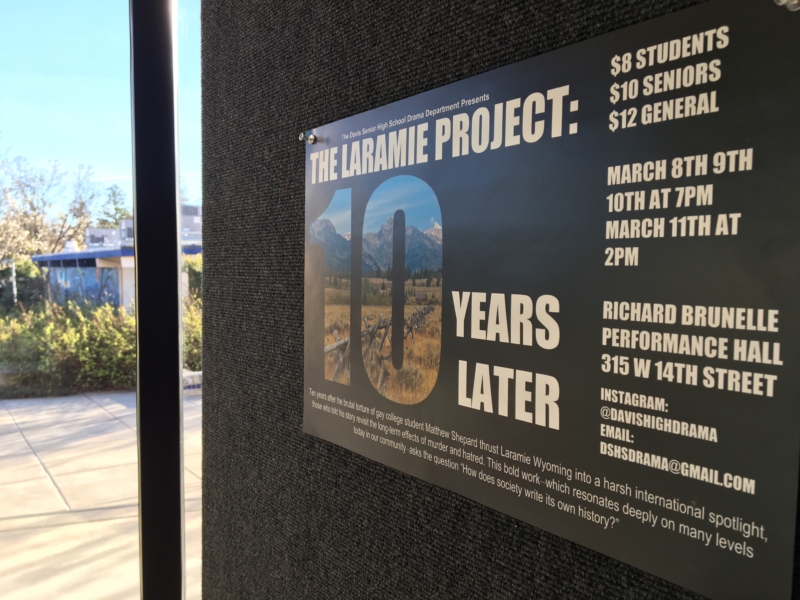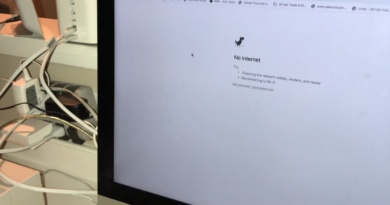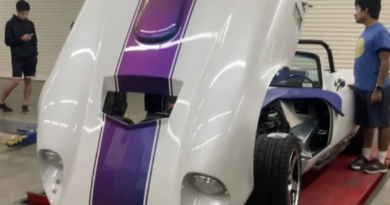PREVIEW: “The Laramie Project: 10 Years Later”

- “The Laramie Project: 10 Years Later” will run from March 8 to March 11.
By Mattias Apse,
BlueDevilHUB.com Staff–
The Davis High Drama Department will debut its production of “The Laramie Project: 10 Years Later” on March 8 to March 10 at 7 p.m. and March 11 at 2 p.m. in the Brunelle Theater.
Like the previous spring play, “Standing on Ceremony,” “The Laramie Project” deals with queer themes, focusing on the titular city in Wyoming and the aftermath of the hate-fueled murder of openly gay college student Matthew Shepard in Oct. 1998.
According to senior Rachel Trauner, the play is “like a documentary, because it uses real-life transcripts.”
Drama teacher Gwyneth Bruch handed off direction of the play to DHS alumnus Chad Fisk, who is happy with the how the play has come along.
“It’s a big cast, with a lot of diverse characters and perspectives,” Fisk said.
Junior Jordan Hayakawa noted that the play is organized into “moments,” which coalesce into a study of the community of Laramie.
Bruch believes that the town of Laramie is somewhat akin to Davis as a bubble.
“We pretend bad things don’t happen here,” Bruch said.
Bruch’s statement rings true, as Davis resident Gloria Partida helped found the Davis Phoenix Coalition, a social justice organization, after her own son, Mikey Partida, was violently attacked in a hate crime on his sexual orientation in 2013.
“We are making progress, but across the country hate crimes are through the roof,” Bruch said.
Trauner added that the hate graffiti incident in the bathrooms earlier this year influenced the decision to select the play.
The play is not only timely in relevance to local events, but also to national movements.
“In the climate with #MeToo and #NeverAgain, big events result in outrage and a desire for change. This play looks at an event and how time affects the movements [that came about], how movements can be sustained and have permanent change,” Fisk said.
Bruch urges audience members to keep in mind a central question while watching the play: “How does society write its own history?”



